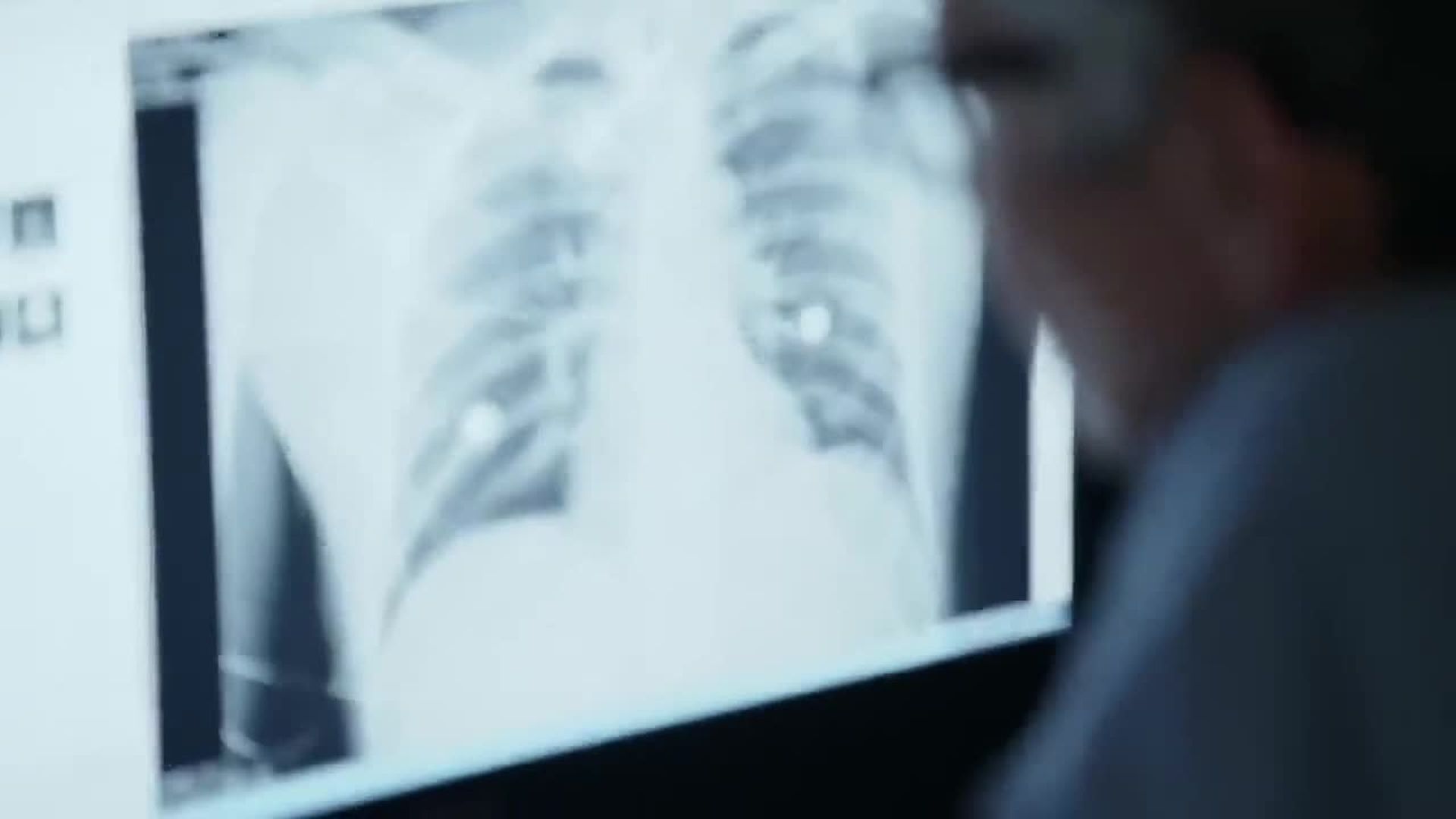
Gun Shot Wound: A Trauma Surgeon's Grim Reality
Trauma surgeons play a pivotal role in the healthcare system, responding to critical situations and providing life-saving interventions for patients who have experienced severe injuries. This essay explores the significance of trauma surgeons, the ch...
An active subscription is required
Already purchased? Sign In
Subscribe
Bundle Preview
This content is not available in your region
Gun Shot Wound: A Trauma Surgeon's Grim Reality
Trauma surgeons play a pivotal role in the healthcare system, responding to critical situations and providing life-saving interventions for patients who have experienced severe injuries. This essay explores the significance of trauma surgeons, the challenges they face, and key statistics that shed light on their critical contributions to emergency medical care.
The Role of Trauma Surgeons:
Trauma surgeons specialize in the treatment of injuries resulting from accidents, violence, or other traumatic events. Their expertise lies in quickly assessing and managing critical conditions, often working in emergency departments and trauma centers. These medical professionals are crucial in ensuring that individuals with life-threatening injuries receive immediate and comprehensive care.
Statistics on Traumatic Injuries:
1. **Incidence of Traumatic Injuries:**
- According to the World Health Organization (WHO), trauma accounts for a significant portion of the global disease burden, with injuries being a leading cause of death and disability, particularly among individuals under the age of 45.
2. **Impact of Motor Vehicle Accidents:**
- The Centers for Disease Control and Prevention (CDC) reports that motor vehicle accidents are a leading cause of traumatic injuries in the United States, contributing to a substantial number of trauma cases seen by surgeons each year.
3. **Violence-Related Injuries:**
- The American College of Surgeons notes that violence-related injuries, including those resulting from assaults and gunshot wounds, present a considerable challenge for trauma surgeons, requiring specialized skills and resources for effective treatment.
4. **Workplace Injuries:**
- Occupational Safety and Health Administration (OSHA) statistics reveal that workplace injuries and accidents contribute significantly to the caseload of trauma surgeons, emphasizing the importance of occupational safety measures.
Challenges Faced by Trauma Surgeons:
1. **Time Sensitivity:**
- Trauma surgeons operate in high-pressure environments where timely intervention is critical. Quick decision-making and efficient coordination with other medical professionals are essential components of their work.
2. **Emotional Toll:**
- Dealing with severe injuries and high-stress situations can take an emotional toll on trauma surgeons. The emotional resilience required to navigate these challenges is a vital aspect of their professional competence.
3. **Resource Allocation:**
- Adequate resources, including personnel, equipment, and facilities, are crucial for trauma surgeons to provide optimal care. Challenges may arise in resource allocation, particularly in regions with limited healthcare infrastructure.
Trauma surgeons are unsung heroes, navigating the complex intersection of medicine and crisis to save lives. The statistics surrounding traumatic injuries highlight the magnitude of their work and the need for ongoing efforts to enhance trauma care. As we acknowledge the pivotal role of trauma surgeons in emergency medicine, it becomes imperative to support initiatives that address the challenges they face and ensure that they have the resources needed to continue their life-saving mission.
Categories: Documentaries

